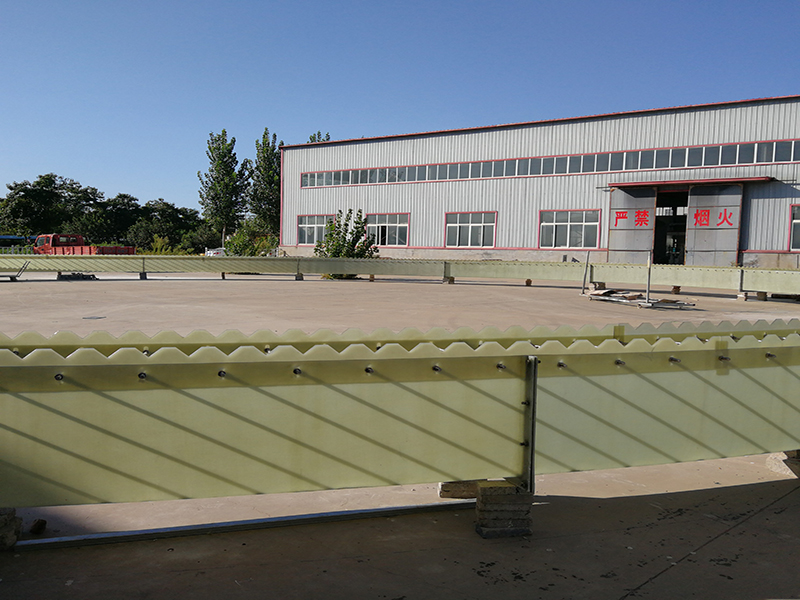
-
 Afrikaans
Afrikaans -
 Albanian
Albanian -
 Amharic
Amharic -
 Arabic
Arabic -
 Armenian
Armenian -
 Azerbaijani
Azerbaijani -
 Basque
Basque -
 Belarusian
Belarusian -
 Bengali
Bengali -
 Bosnian
Bosnian -
 Bulgarian
Bulgarian -
 Catalan
Catalan -
 Cebuano
Cebuano -
 China
China -
 China (Taiwan)
China (Taiwan) -
 Corsican
Corsican -
 Croatian
Croatian -
 Czech
Czech -
 Danish
Danish -
 Dutch
Dutch -
 English
English -
 Esperanto
Esperanto -
 Estonian
Estonian -
 Finnish
Finnish -
 French
French -
 Frisian
Frisian -
 Galician
Galician -
 Georgian
Georgian -
 German
German -
 Greek
Greek -
 Gujarati
Gujarati -
 Haitian Creole
Haitian Creole -
 hausa
hausa -
 hawaiian
hawaiian -
 Hebrew
Hebrew -
 Hindi
Hindi -
 Miao
Miao -
 Hungarian
Hungarian -
 Icelandic
Icelandic -
 igbo
igbo -
 Indonesian
Indonesian -
 irish
irish -
 Italian
Italian -
 Japanese
Japanese -
 Javanese
Javanese -
 Kannada
Kannada -
 kazakh
kazakh -
 Khmer
Khmer -
 Rwandese
Rwandese -
 Korean
Korean -
 Kurdish
Kurdish -
 Kyrgyz
Kyrgyz -
 Lao
Lao -
 Latin
Latin -
 Latvian
Latvian -
 Lithuanian
Lithuanian -
 Luxembourgish
Luxembourgish -
 Macedonian
Macedonian -
 Malgashi
Malgashi -
 Malay
Malay -
 Malayalam
Malayalam -
 Maltese
Maltese -
 Maori
Maori -
 Marathi
Marathi -
 Mongolian
Mongolian -
 Myanmar
Myanmar -
 Nepali
Nepali -
 Norwegian
Norwegian -
 Norwegian
Norwegian -
 Occitan
Occitan -
 Pashto
Pashto -
 Persian
Persian -
 Polish
Polish -
 Portuguese
Portuguese -
 Punjabi
Punjabi -
 Romanian
Romanian -
 Russian
Russian -
 Samoan
Samoan -
 Scottish Gaelic
Scottish Gaelic -
 Serbian
Serbian -
 Sesotho
Sesotho -
 Shona
Shona -
 Sindhi
Sindhi -
 Sinhala
Sinhala -
 Slovak
Slovak -
 Slovenian
Slovenian -
 Somali
Somali -
 Spanish
Spanish -
 Sundanese
Sundanese -
 Swahili
Swahili -
 Swedish
Swedish -
 Tagalog
Tagalog -
 Tajik
Tajik -
 Tamil
Tamil -
 Tatar
Tatar -
 Telugu
Telugu -
 Thai
Thai -
 Turkish
Turkish -
 Turkmen
Turkmen -
 Ukrainian
Ukrainian -
 Urdu
Urdu -
 Uighur
Uighur -
 Uzbek
Uzbek -
 Vietnamese
Vietnamese -
 Welsh
Welsh -
 Bantu
Bantu -
 Yiddish
Yiddish -
 Yoruba
Yoruba -
 Zulu
Zulu
fiberglass duct corrosion resistance
The Corrosion Resistance of Fiberglass Ducts
In various industrial, commercial, and residential applications, the choice of duct materials is paramount, especially in environments prone to corrosive elements. Fiberglass duct systems have emerged as one of the leading solutions due to their remarkable corrosion resistance properties. This article explores the reasons behind the corrosion resistance of fiberglass ducts, their applications, and their advantages over traditional materials.
Understanding Fiberglass
Fiberglass, or glass-reinforced plastic (GRP), is composed of a matrix of resin and glass fibers. This composition endows fiberglass with a unique set of mechanical and chemical properties that make it suitable for a wide range of applications. One of its most notable characteristics is its exceptional resistance to corrosion. Unlike metals, fiberglass does not oxidize or rust when exposed to moisture, chemicals, or other environmental stressors.
Factors Contributing to Corrosion Resistance
1. Chemical Stability Fiberglass ducts are impervious to many chemicals, including strong acids and alkalis. This stability is principally due to the chemical nature of the resin and the encapsulated glass fibers, which do not react with harmful substances.
2. Non-porous Surface The non-porous nature of fiberglass prevents the absorption of water and other corrosive fluids, thereby significantly reducing the risk of corrosion. This factor is critical in environments where moisture levels can fluctuate or where there might be accidental leaks.
3. Low Maintenance The durability of fiberglass means that maintenance requirements are minimal compared to traditional materials like metal, which can suffer from corrosion and require frequent inspections and protective coatings.
4. Thermal Insulation Fiberglass ducts also provide excellent thermal insulation, reducing the possibility of condensation, which is often a contributor to corrosion in ductwork. By minimizing temperature variations on the duct surface, fiberglass helps prevent moisture buildup.
Applications of Fiberglass Ducts
Due to their superior corrosion resistance, fiberglass ducts find extensive use in various sectors, including
fiberglass duct corrosion resistance

- Chemical Processing Plants These environments often contain aggressive chemicals that can corrode traditional duct materials
. Fiberglass is the optimal choice for safely transporting air and gases.- Food and Beverage Industry Hygiene is paramount in this sector, and the non-porous nature of fiberglass makes it easy to clean and resistant to microbial growth.
- Wastewater Treatment Facilities The highly corrosive environment within these facilities demands materials that can withstand harsh conditions without compromising structural integrity.
- HVAC Systems In heating, ventilation, and air conditioning applications, fiberglass ducts provide energy efficiency due to their insulation properties and long-term resistance to corrosion.
Advantages Over Traditional Materials
Compared to traditional duct materials like galvanized steel or aluminum, fiberglass ducts offer several advantages, such as
- Cost-Effectiveness While the upfront cost of fiberglass might be higher in some cases, the long-term savings from reduced maintenance and replacement costs make it a financially sound investment.
- Lightweight Fiberglass ducts are significantly lighter than metal ducts, which simplifies installation and reduces labor costs.
- Eco-Friendly Fiberglass is often constructed with recyclable materials and is itself recyclable, making it a more sustainable option compared to some metal counterparts.
Conclusion
In conclusion, the corrosion resistance of fiberglass ducts is a game-changer for various industries that face the challenges of corrosive environments. Their durability, low maintenance requirements, and cost-effectiveness make them an ideal choice for modern ductwork solutions. As industry standards continue to evolve, the demand for reliable materials like fiberglass will undoubtedly increase, supporting safer and more efficient systems across multiple applications.









